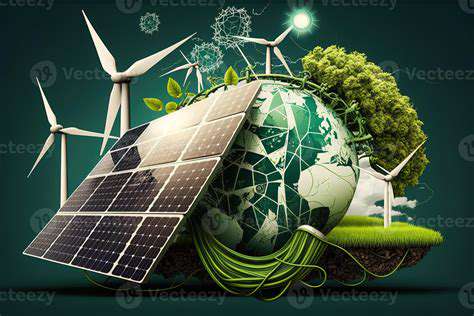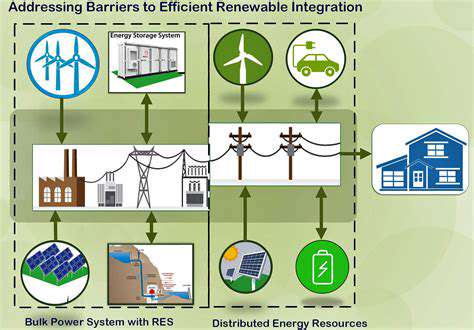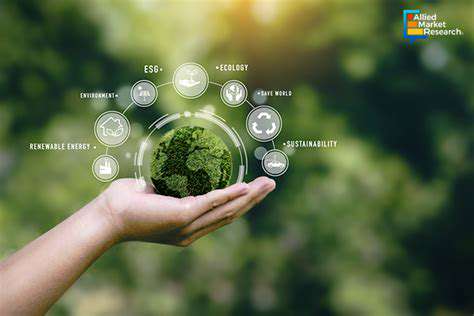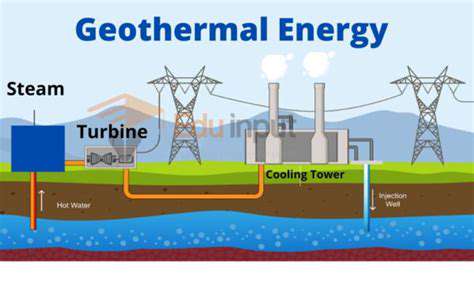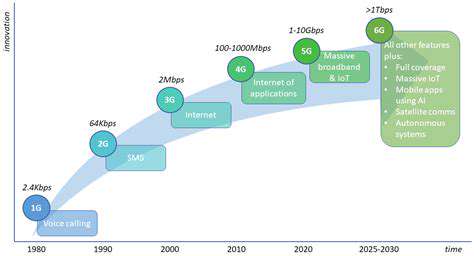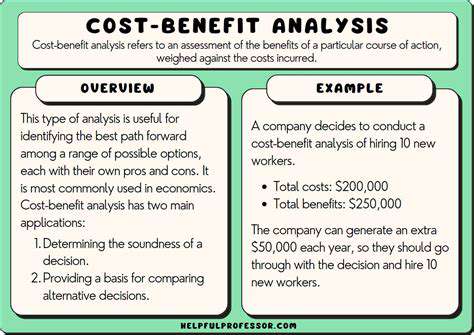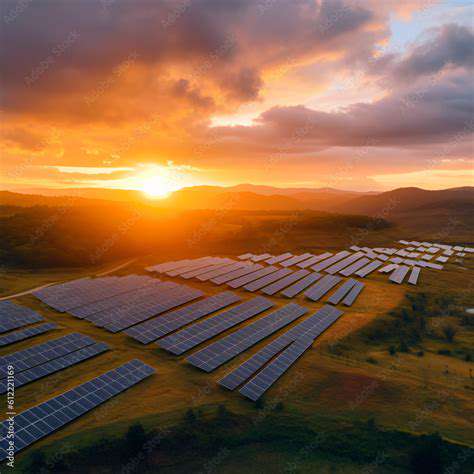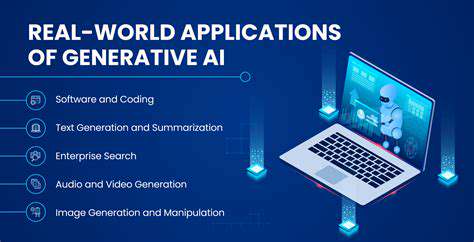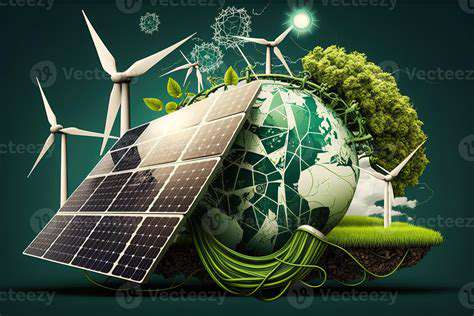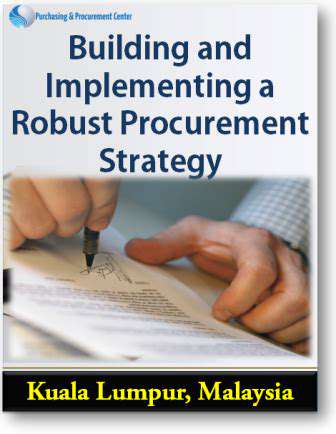The Nexus of Renewable Energy, Climate Justice, and Sustainable Development Goals (SDGs)
Social Equity and Community Engagement
True energy justice requires more than top-down solutions. Successful projects emerge from genuine partnerships with affected communities, incorporating traditional ecological knowledge and respecting local decision-making structures. This means:
- Co-designing projects with residents
- Creating accessible training programs
- Establishing community benefit agreements
When done right, renewable projects become catalysts for broader social transformation—addressing food insecurity, improving public health, and creating intergenerational wealth.
Addressing Historical Injustices
The energy transition presents a unique opportunity for reparative justice. Communities that endured generations of pollution from power plants and refineries should receive:
- Priority access to clean energy jobs
- Targeted workforce development
- Ownership stakes in local projects
This isn't charity—it's restitution for decades of environmental racism and economic exclusion.
Technological Advancements and Innovation
The renewable sector's rapid evolution creates openings for unconventional problem-solvers. Breakthroughs often come from unexpected places—community colleges, worker cooperatives, and indigenous engineers blending traditional knowledge with cutting-edge tech. Democratizing innovation means:
- Funding diverse research teams
- Protecting intellectual property for grassroots inventors
- Creating technology transfer programs
Policy and Regulatory Frameworks
Effective policies must be both ambitious and precise. Key elements include:
- Community benefit mandates for all renewable projects
- Local hiring requirements with enforcement mechanisms
- Streamlined permitting for worker-owned cooperatives
The most impactful regulations will come from frontline communities themselves—not distant bureaucracies.
Addressing Equity and Inclusivity in Renewable Energy Projects
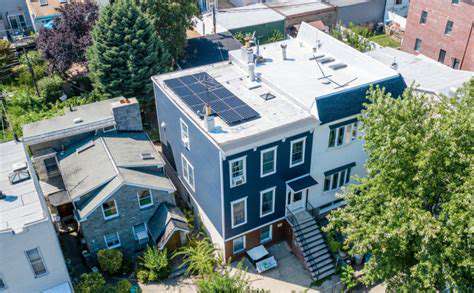
Promoting Diverse Representation
Token diversity initiatives fail when they don't transform organizational culture. Meaningful inclusion requires:
- Restructuring hiring committees to include frontline workers
- Creating apprenticeship-to-ownership pathways
- Measuring retention, not just recruitment
Understanding and Addressing Implicit Bias
Standard bias training often backfires. Effective approaches include:
- Anonymous skills-based hiring platforms
- Structured interview protocols
- 360-degree feedback systems
The most revealing bias test? Compare who gets second chances after mistakes.
Creating Inclusive Communication Practices
Jargon creates barriers. Effective communication means:
- Translating technical documents into multiple languages
- Using visual storytelling for complex concepts
- Hiring community liaisons from project neighborhoods
Implementing Equitable Policies and Procedures
Policy audits should answer:
- Which requirements disproportionately screen out marginalized applicants?
- How accessible are complaint processes?
- Who actually benefits from neutral rules?
Promoting Cultural Awareness and Sensitivity
Authentic cultural competence develops through:
- Paid cultural immersion sabbaticals
- Reverse mentoring programs
- Storytelling circles across organizational levels
Providing Resources and Support
Effective support addresses systemic barriers:
- Childcare stipends for training programs
- Transportation vouchers for job sites
- Mental health services tailored to workplace trauma
Measuring and Evaluating Progress
Move beyond vanity metrics to track:
- Wealth creation in target communities
- Intergenerational mobility rates
- Shifts in community power dynamics
Community-led governance models demonstrate how distributed systems can outperform centralized control. These approaches:
- Embed accountability in network architecture
- Reward positive participation
- Create self-correcting ecosystems
The Role of International Cooperation and Policy Frameworks

International cooperation is crucial for addressing global challenges.
Climate change recognizes no borders—our solutions can't either. Effective transnational collaboration requires:
- Technology transfer without extractive IP regimes
- Debt-for-climate swaps
- Circular labor migration agreements
Economic Interdependence and Trade
Green trade policies should:
- Tax carbon-intensive imports
- Subsidize sustainable supply chains
- Create climate asylum protections
Environmental Sustainability and Climate Change
The Paris Agreement's fatal flaw? No enforcement mechanism. Next-generation accords need:
- Binding emissions courts
- Climate reparations frameworks
- Satellite-based monitoring
Security and Conflict Resolution
Preventing climate wars requires:
- Early warning systems for resource conflicts
- Shared water basin treaties
- Peacekeeper environmental training
Humanitarian Aid and Development
Aid must evolve from charity to justice. Effective models include:
- Community-controlled relief funds
- Disaster prevention infrastructure
- Trauma-informed rebuilding
